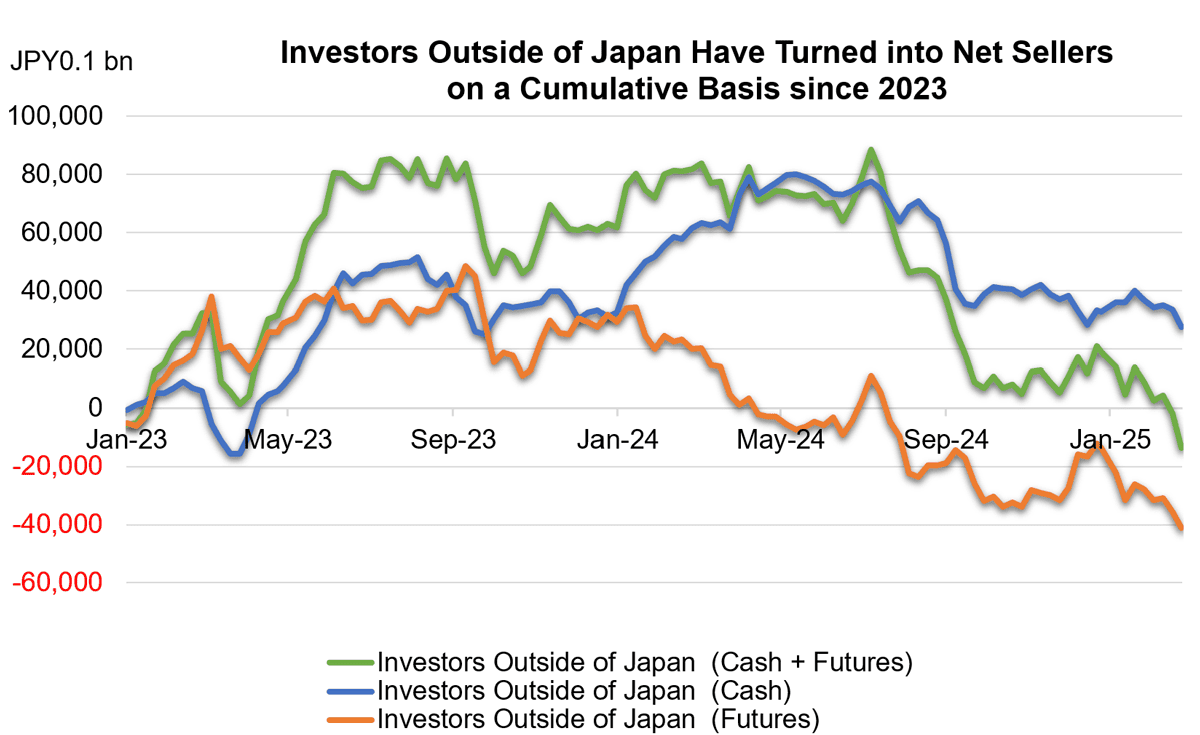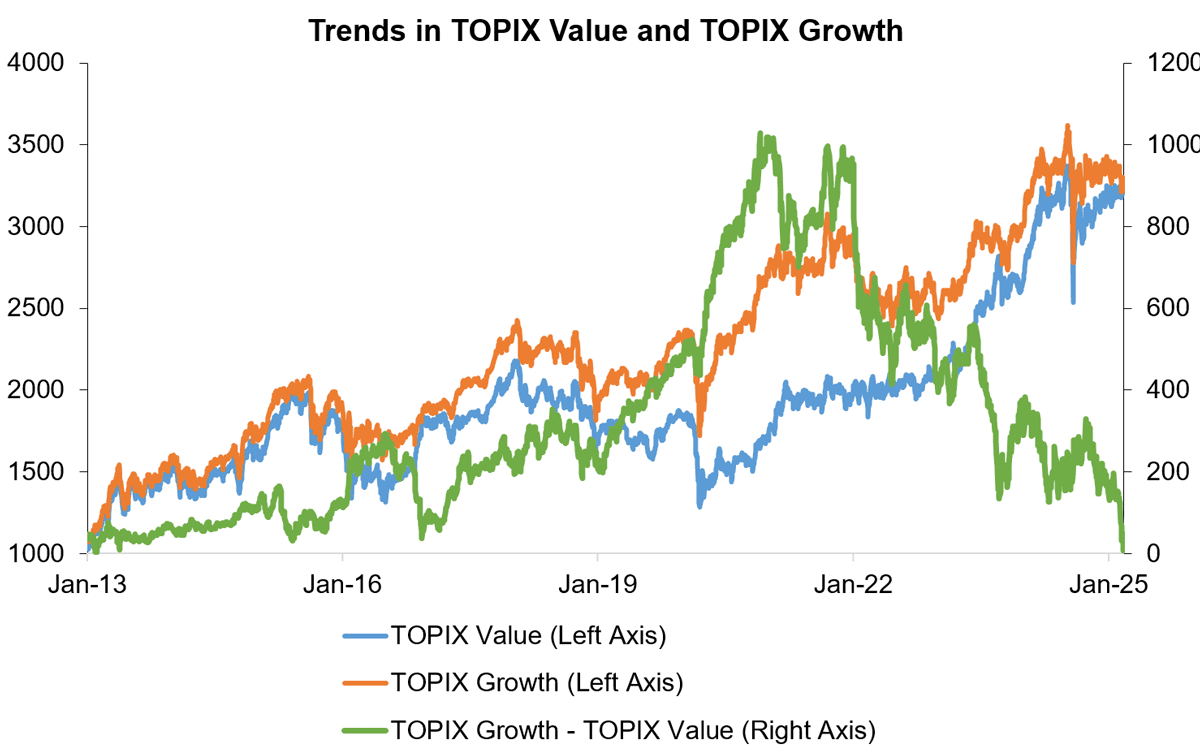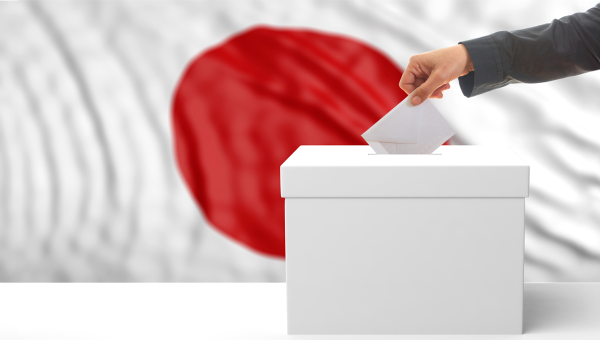Japan Markets ViewShift from Popular Stocks: Unwinding Begins
Mar 21, 2025

[Keiichi Nakayama, QUICK Market Eyes] The current decline in the Japanese stock market is being triggered by stock index futures sales from foreign investors. The prices of popular stocks, in which many investors, especially those from overseas, have taken long positions, are falling. Conversely, low-priced stocks that hedge funds and others have taken short positions are rising. Such position unwinding by investors could disrupt the market for some time. In the long run, however, demand for buying stocks is expected to support Japanese stocks.
Since 2023, investors outside of Japan, who account for the largest trading share, have been net buyers of Japanese stocks. However, they have finally turned net sellers. According to the Trading by Type of Investors published by Japan Exchange Group (8697, JPX), net selling by foreign investors in the fourth week of February (February 25-28) totaled JPY1.1666 tn, the largest amount in seven months since July 2024.

*Compiled based on data from JPX and QUICK.
Investors outside of Japan have been selling off futures, among others. Masanari Takada, a quant strategist at JPMorgan Securities Japan, commented on the trend in futures selling by investors outside of Japan, “Macro hedge funds, in particular, are increasingly selling futures in anticipation of global stagflation.” Mr. Takada anticipates that “macro hedge funds will gradually stop the aggressive selling and wait for spring to sprout as volatility subsides.”
Many said the “unwinding” trend is increasing in the current Japanese stock market. “The consensus among many investors is that stocks for long positions are being sold off, while stocks in which hedge funds and other investors had favored short positions are seeing their prices rise,” according to an institutional investor. On March 10, game-related stocks such as Nintendo (7974) and Sony Group (6758) were down. On the other hand, Oriental Land (OLC, 4661) and Lasertec (6920), which had been in a long-term downtrend due to earnings uncertainty, raised their stock prices. The rebound from the long-term downtrend is continuing.
Seiichi Suzuki, chief equity market analyst at Tokai Tokyo Intelligence Laboratory, pointed out, “Many investors are correcting from their selective buying focus.” At the same time, focusing on the fact that the TOPIX Value index is approaching the TOPIX Growth index, he also noted, “A wide range of companies are setting up share buybacks, which is supporting value stocks.” Compared to the Nikkei 225, which is vulnerable to the influence of semiconductor stocks, the TOPIX, which represents the market as a whole, will be more resilient, according to Mr. Suzuki.

*Compiled based on the QUICK data.
For the time being, Japanese stocks are likely to remain unstable as investors outside of Japan continue to play with them, adjusting their holdings and turning the other way. On the other hand, if the market falls, companies that find their stock prices even more undervalued may aggressively buy back their own shares. One hedge fund noted, “Even Japan’s leading growth companies are concerned about the level of their stock prices, and some growth stocks may increase their share buybacks.” The global stock market is becoming increasingly unstable, but it is precisely in times like these that a long-term view of supply and demand is becoming more important.
(Reported on March 12)
Related dataset
Share Buybacks Data
https://corporate.quick.co.jp/data-factory/en/product/data029/
If you are looking for datasets unique to the Japanese equity market, visit QUICK Data Factory:
https://corporate.quick.co.jp/data-factory/en/




